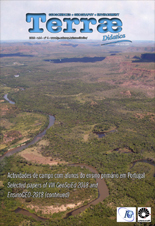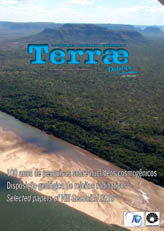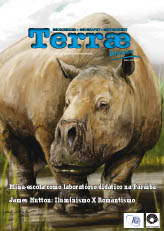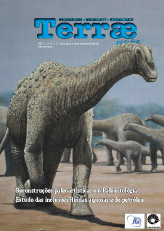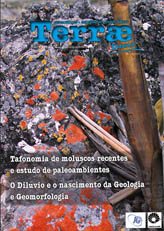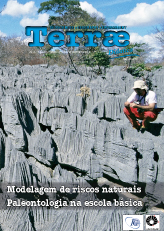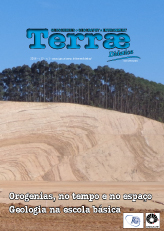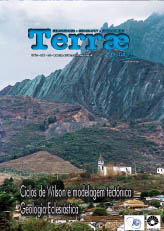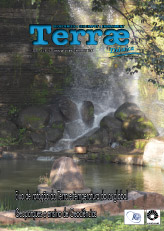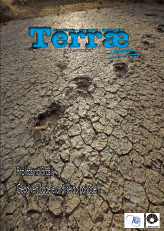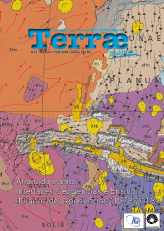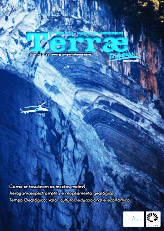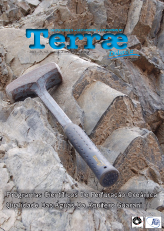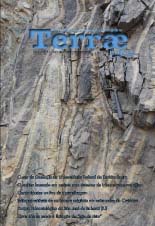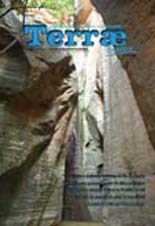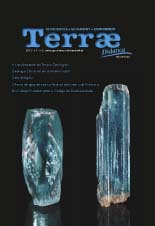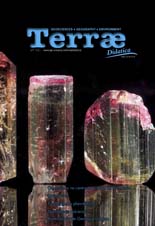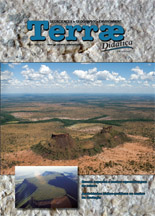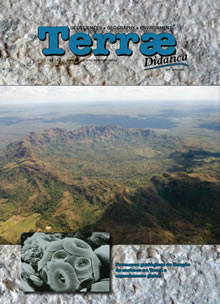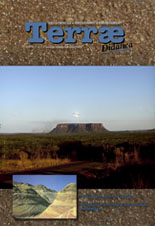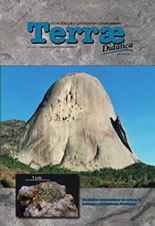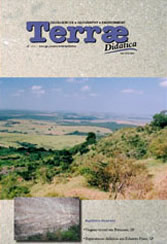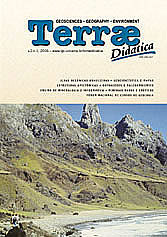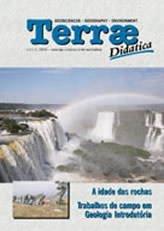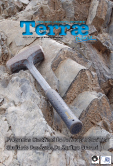Campinas-Brasil
ISSN 1980-4407

 ___________________
___________________ __
__
Volume 14, n2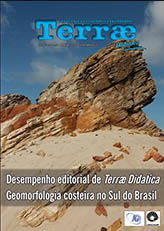
Volume 14, n1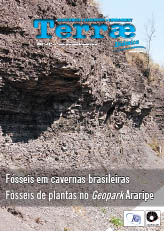
Volume 12, n3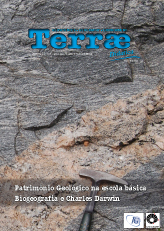
Volume 10, n2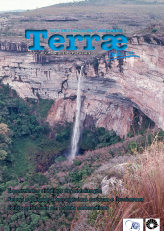
Volume 8, n2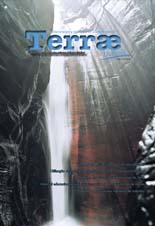
A contribuição do cotidiano escolar para a prática de atividades investigativas no ensino de solos
Simone Falconi
sifalconi@yahoo.com.br
Maria Cristina Motta de Toledo
EACH-USP,
São Paulo, SP
mcristol@usp.br
Valéria Cazetta
EACH-USP,
São Paulo, SP
vcazetta@usp.br
Abstrat THE CONTRIBUTION OF EVERYDAY ACTIVITIES FOR INVESTIGATIVE PRACTICES FOR SOIL STUDY. Studies in the Science education area reveal that investigative activities play a significant role in both, the student´s and teacher´s learning process. This study evaluates investigative activities in the continuing education of teachers in the schools of São Paulo from two assumptions: (1) the teaching of soils is difficult in urban areas because they are usually covered. (2) investigative activities are essential for the teaching of soils. During previous studies related to teachers, we found that they modify the activities suggested by researchers of Education in order to implement them in the classrooms. In order to better understand how this knowledge is dissipated daily in the schools, we have conducted a new study with 4th grade (now 5th year) elementary public school teachers. The results show that investigative activities improve student learning of the content of soils, both in the acquisition of scientific skills such as the development of oral and writing abilities. The knowledge surrounding the subject of soils changed as it became a formative element for students and teachers. Furthermore, the activities triggered thematic teaching, breaking the fragmentation of knowledge and creating a more interconnected knowledge.
Citation: Falconi S., Toledo M.C.M.de., Cazetta V. 2013. A contribuição do cotidiano escolar para a prática de atividades investigativas no ensino de solos. Terræ Didatica, 9(2):82-93. <http://www.ige.unicamp.br/terraedidatica/>.
Keywords: Teaching soils, investigative activities, network knowledge.
Resumo Estudos na área de ensino de ciências revelam que as atividades investigativas exercem papel significativo na aprendizagem, tanto de alunos, quanto de professores. Este trabalho avalia atividades investigativas na formação continuada de professores nas escolas de São Paulo, a partir de dois pressupostos: (1) o ensino de solos é dificultado em área urbana, onde ele está normalmente encoberto; (2) atividades investigativas são essenciais para ensino de solos. Durante trabalho prévio com professores, constatamos que eles modificam as atividades sugeridas pelos pesquisadores de Educação, ao implementá-las em sala de aula. Para entender melhor como tais saberes se mesclam cotidianamente nas escolas, realizamos novo estudo com professores da 4ª série (atual 5º ano) do Ensino Fundamental em escola pública paulista. Os resultados mostram que as atividades investigativas favoreceram a aprendizagem dos alunos sobre o conteúdo solos, tanto na aquisição de habilidades científicas, como no desenvolvimento de oralidade e capacidade de redação. Transformou-se a relação com o conhecimento acerca do solo, que se tornou elemento formativo para alunos e professores. Além disso, as atividades desencadearam o ensino por temáticas, rompendo a fragmentação do conhecimento e tecendo conhecimento em rede.
Palavras-Chave: Ensino de solos, atividades investigativas, conhecimento em rede.
Copyright © 2005-2007 - Instituto de Geociências - Universidade Estadual de Campinas - UNICAMP - Brasil - Todos os direitos reservados -
Desenvolvimento: ![]()
